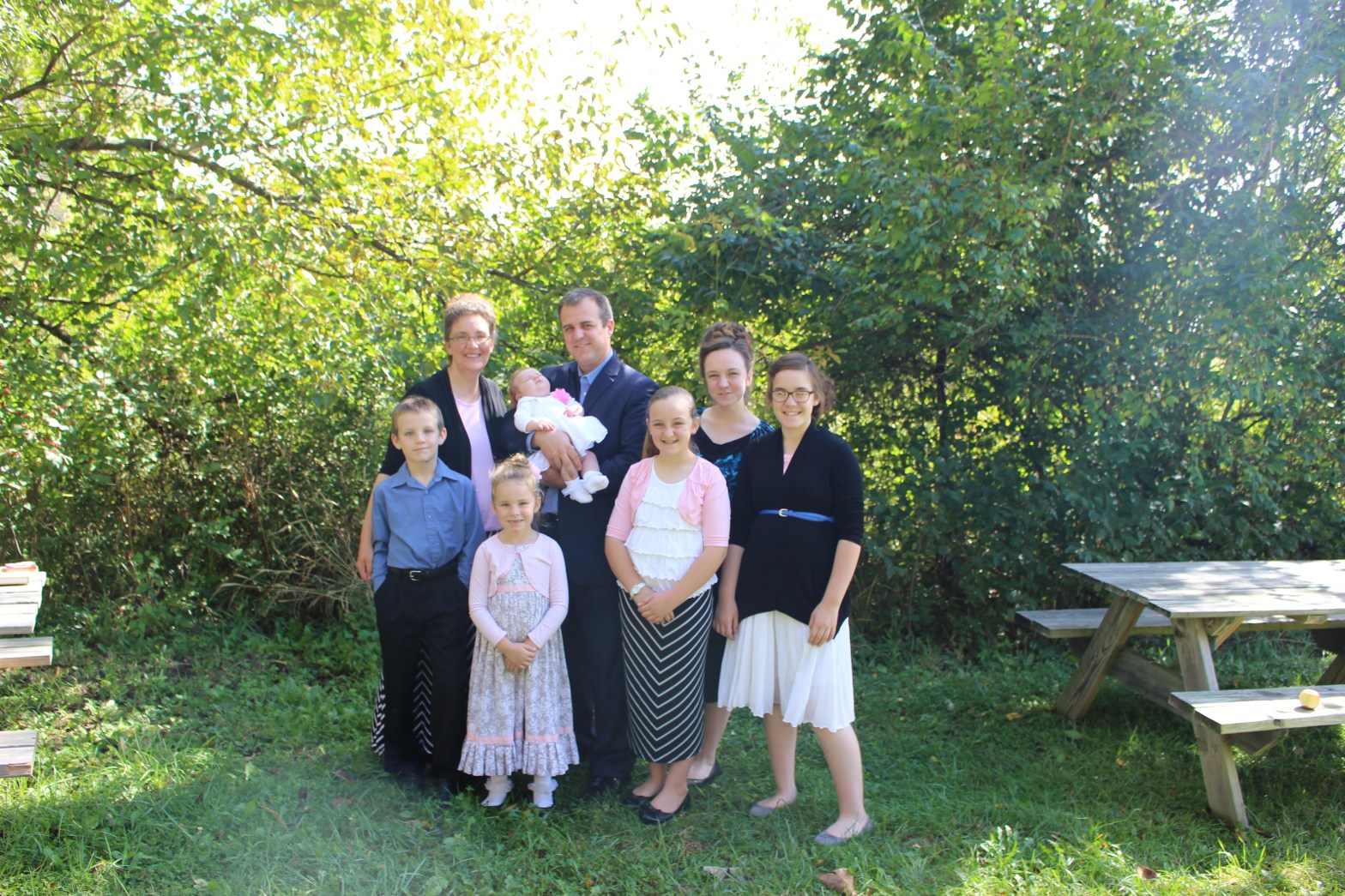Why does a place matter? Isn’t one as good as the next? There are thousands of places and billions of people, yet they are all so different. What does this tell us about God? What does it show us about what He sees as important or about His character?
First, He is creative. No two places or people are exactly alike because He loves to make things gloriously different. To our untrained eye, these may appear random, but upon closer examination, they show a level of forethought and detail that is astounding.
Second, He is purposeful in the characteristics of that person and place. It has a piece in His overall plan that is unique and different.
Third, He is playful. Why create 3,000+ varieties of trees when 1 would serve the same purpose? You see the child-like character of God (or you see the character of God most closely revealed in a child.) To do the same delightful thing over and over again with a nuance of change here and a different color there. To have the range of color, taste, texture, and variety in food when one could just have one bland substance that would serve the nutritional purposes. Why the waste? Why the extravagance? Why beauty, when a plain, utilitarian world would sustain life? God must be incredibly playful.
One can visit a place and see it as a snapshot, a moment in time, but to truly begin to know the place, to inhabit it fully, takes a lifetime, perhaps generations. To the realtor, the lawyer, or the appraiser, one piece of Indiana property is about the same as the next. To a person who has lived there, really explored it’s beauty, it is something entirely different. To have seen it on Christmas morning, to see it as a summer thunderstorm rolls through, to watch as a fall mist rises before the sunrise is to really see it as it is. When you witness these and a hundred other sights, sounds, and memories, the place is more, so much more than dollars and acres.
But what makes a place? The patchwork quilt of people, community, family, shared experiences, the wildlife, and the generations of seasonal ebb and flow all combine to create it. But it is different for everyone. We see that place through our unique lens of family history, cultural heritage, and life experiences.
The challenge for a missionary to enter a place so different, so foreign, is that they cannot help but see it through their lens. They approach the place and it’s people with many unspoken and even unknown biases and assumptions. They come with an important message that must not only be translated linguistically but also transferred holistically. The Gospel must live and become flesh in that place. They are not there to transform culture as much as they are there to redeem it, to recover the image of God already present in that place. Recognizing that God made this place and He loves this place and has been at work here, they must look for clues as to what He is doing there and join Him.
Because that process of incarnation and embodying a place is so elusive, most of us just “flit through life” hardly knowing a place or each other. It reminds me of the difference between a Dickens novel and so many modern day novels – no character development, little plot development – just a quick cursory description, just enough to give you the idea of a person, but it could be any person (or more likely) no person at all. While we all long to know and to be known, very few actually make the time and space needed to do it. Life happens while we are on the way to our next destination. 3,100 Facebook friends take the place of the few intimate friendships we could have had. A flight over hundreds of miles to the next destination replaces the exploration of the place where we are. The loss? We never really know anyone, and we never really belong to any place.
Assuming that all places are the same, that they can be randomly interchanged, picked up or discarded, is the lie. 4 bedroom, 2 bathroom,” the ad says, “Built in 1930,” it says, but what is it? And who are we?
To enter the culture as carriers of the Gospel, as ambassadors of Christ, requires a great deal of awareness and self-perception. Am I preaching Christ crucified as the central theme of my message and life? Am I embodying His selfless, humble character – tabernacling in weakness? Or do I come as many boisterous Americans, talking much and seeing little. That village has a history. It has a story of fall and redemption waiting to be continued. Even if a missionary has never been there, God has. He is at work in this place, longing to see it fully redeemed.

Good word Eric. Place matters. It reminds me of something I once heard Ralph Winter say. He was doing a devotional from Genesis 20:11. Winter said “the worse mistake a missionary can make is to assume “there is no fear of God at all in this place.” Dr. Winter’s warning has come to mind many times since then. Like Abraham, we are in danger of serious sin when we assume that the Holy Spirit has not already been at work in a place prior to our arrival.
LikeLike